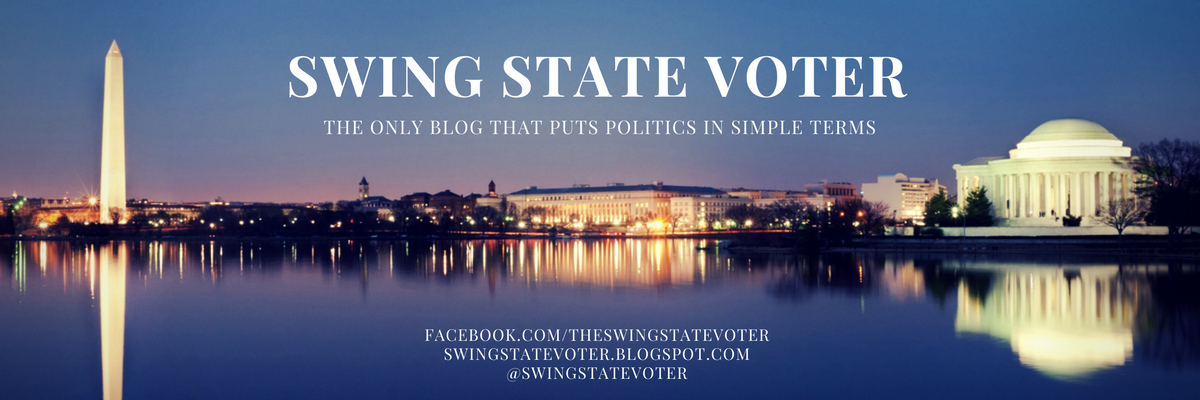Are we a country trapped and held back by its own history?
Be patient with me as I work my thoughts out here. I'm learning as I type.
The most powerful and largest cities in the world are also some of the oldest. The worldwide centers of power continue to reside in their historic birthplaces. And as I look over pictures of of the aftermath of Hurricane Sandy in Washington, DC and New York City, I can't help but wonder if it is unwise for such important businesses and agencies to be housed in geographically precipitous areas?
Centers of power are located not in the area most protected or beneficial. They are located where history grew them- which means they are centered around archaic trade routes, usually based on ocean or maritime trade. (New York, London, Hong Kong, Chicago, etc.) Most major cities were built around rivers and wind trade routes. As the major ports of commerce, it made sense back then. No major cities were built in their locations because they were centrally located to the nation, in a well-protected (easy to defend) spot, or in an "elementally" wise area (unlikely to be hit by hurricanes, earthquakes, and crippling snowstorms). In fact, most major cities, because of their maritime roots, were built in the worst locations possible for weather problems.
Why haven't any major countries moved their center of power to a more modern, wiser location? I realize it would require a massive and costly change of infrastructure, not to mention overcoming public sentiment and attachment. But with all of our modern technologies and abilities it seems strange to me we have not relocated seats of government and centers of economic strength to more prudent location.
The New York Stock Exchange has been closed for two days. Think about the fiscal impact that has around the world. Weather is controlling the economy. Wouldn't it be smarter to locate such an important financial institution in a more habitable clime?
To me it seems strange that since we have the ability to relocate the most important parts of our infrastructure to more reasonable, safer locations, that we have not yet begun to do so.
Not to mention the national security factors! Wouldn't the seat of government be safer not on a seaboard and instead in the center of the country? Or shouldn't the government and financial headquarters be in areas less likely to be affected by severe weather?
We have NORAD, and most data happens online, and is (in theory) appropriately backed up so as to prevent irreversible losses. But it still just seems to me that it would be wise to move power centers to more modern and technologically wise locations that aren't historically rooted in maritime trade.
As I think it through though, I'm not even really sure where in the U.S. more prudent locations would be. The center of the country- St Louis, Kansas City - comes to mind, but they are very prone to severe weather. San Diego and Phoenix seem to be two of the least weather affected locations in the U.S.. But then, San Diego is also a beneficiary of maritime winds and trade. (Ooh, but more food for thought- how different would the war on drugs be if the government were located that close to the border??) Also, it isn't central enough or secure enough (earthquakes). The more I think about it there is only one state that really comes to mind for not having severe weather. It isn't incredibly central, but it is landlocked, and would have good natural defenses for security purposes. I've never heard of major snowstorms, earthquakes, tornadoes, or hurricanes affecting this region. It has no existing infrastructure though.
So my question to you is this- if you were given the terra firma of the United States, with natural resources intact, as a blank slate to build from the ground up, where would you put your government, military, and financial seats of power?
(I'll put my spots in the comments below.)
Don't miss my new novel, "You Heard It Here First!" on Amazon, Nook, and Kindle!


